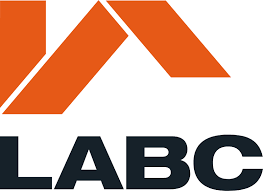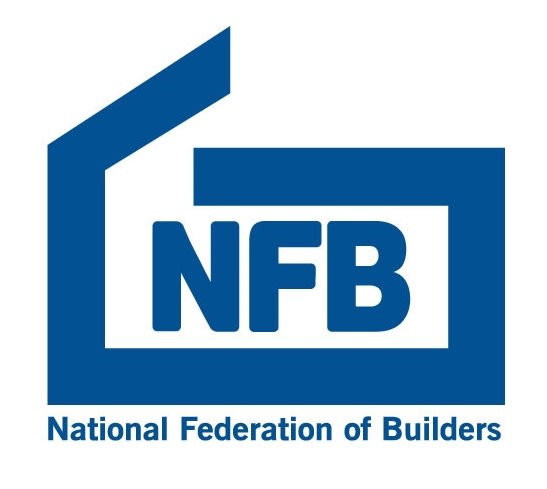Combining purpose with profit: The role for project bank accounts


This month, Martyn Jones continues his exploration of the changes that can be made to construction’s operating system and delivery methods to combine purpose with profit, and to sustain the spirit of “we’re all in this together” as seen in our response to the challenges of the pandemic.
In December he looked at Two Stage Open Book procurement. He starts the New Year by making the case for project bank accounts (PBAs) in bringing construction clients and lead and specialist contractors together in the spirit of a joint enterprise.
PBSs are not new of course, but they do offer a way to shift the focus away from lowest price procurement/race to the bottom and towards delivering better project outcomes for clients and the whole supply chain.
Back in 2006, Professor Rudi Klein, a leading campaigner and advocate for the interests of construction subcontractors in general and combatting payment abuse in particular, was the guest speaker at the launch of the Bristol Rethinking Construction Club report for the then department of Trade and Industry: Bridging the Gap: Connecting Bristol’s specialist and trade contractors with the Rethinking Construction agenda.
At the event in Bristol, Rudi endorsed the Club’s report and called for the use of project bank accounts to combat payment abuse. This resonated with the findings of the Bristol Club’s investigation, which set out the barriers to specialist contractors’ engagement with the Rethinking Construction movement. These included the onerous payment procedures and retention regimes of many clients and lead contractors.
PBAs work by ring-fencing accounts from which payments are made directly and simultaneously by the client to all parties in the supply chain. Funds in the account can only be paid to beneficiaries, that is, members of the supply chain named in the account (i.e., the lead contractors and supply chain members).
They provide a means of enabling faster payments through the construction supply chain, with payments being made as soon as 5 days from the due date. This is intended to reduce cash flow problems that can lead to the insolvency of supply chain members which, as we know, is potentially catastrophic risks for projects in terms of money and time.
Why use PBAs? Let’s start with the very important but practical advantages. Supply chain members do not have to wait for upstream contractors to process payments as they receive them directly, ensuring certainty, security and speed of payments. It reduces the need for supply chain members to borrow or finance credit and the assets in the PBA are protected from tier 1 insolvencies.
They ensure regular payments within timescales that are much shorter than where cash has to be cascaded down through different contracting layers. Retention monies can be ‘ring-fenced’, providing supply chain members with security that they will eventually be paid when due, Payment-based disputes are reduced, and supply chain members can reallocate the time and energy they spend on chasing payments to more constructive value-adding activities.
But consider this. Even more importantly, in my view, a PBA brings lead contractors and specialists together in a different business relationship, and in the case of the dual authority model of PBAs, bringing clients, lead contractors and specialists closer together.
A PBA places all parties on a more equal footing and sends strong signals that opportunistic behaviour is not acceptable, or indeed needed, as supply chain members are paid fairly and promptly as valued members of a collaborative team. It incentivises lead contractors and supply chains to change their value propositions and move away from providing lowest price solutions. In short, a further step towards unlocking specialist contractor potential to deliver innovative, value-based solutions.
Who is using PBSs? Back in 2010, the UK Government introduced a policy requiring all UK government procurers to use PBAs unless there are compelling reasons not to do so. All the devolved governments also have policies in place requiring the use of PBAs.
Highways England likes them. In their view, “PBAs are now acknowledged to be the most effective method of ensuring secure and regular cash flow, particularly in the wake of recent lead contractor insolvencies. Using them makes [us] the client of choice in an increasingly competitive market and ultimately helps us deliver our programme to improve our road network, and besides efficiencies, they’re also helping us do the right thing for our suppliers.”
However, research by The Specialist Engineering Contractors’ (SEC) Group indicates that the take-up of PBAs by local authorities in England has been slow. Why? Well, there are some challenges including sometimes a lack of transparency along the supply chain regarding their operation and the Cabinet Office hasn’t validated the “compelling reasons” given by a department or agency for not using PBAs.
Occasionally issues have arisen too where the tier 1 contractor has gone into insolvency and there is concern amongst supply chain firms of what happens to disputed sums – although in Highways England projects disputed monies are kept in the PBA until the dispute is resolved. And, perhaps most significantly, lead contractors are reluctant to relinquish their control of the flow of money and the leverage it gives them downstream in the supply chain and which in turn may impact on their profitability. So maybe clients need to show leadership and recognise that their lead contractors should have larger margins and so removing the need for opportunistic behaviour?
It’s the time of year when we think about resolutions for the coming year. Perhaps PBAs should be on your list for changes in 2021?
















